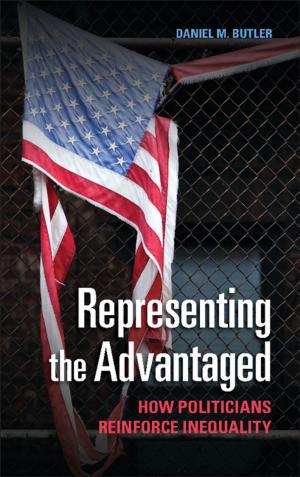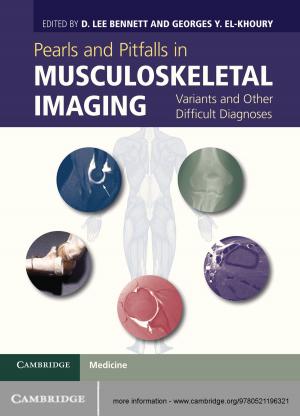Correspondence with Sarah Wescomb, Frances Grainger and Laetitia Pilkington
Fiction & Literature, Literary Theory & Criticism, British| Author: | Samuel Richardson | ISBN: | 9781316119969 |
| Publisher: | Cambridge University Press | Publication: | November 13, 2014 |
| Imprint: | Cambridge University Press | Language: | English |
| Author: | Samuel Richardson |
| ISBN: | 9781316119969 |
| Publisher: | Cambridge University Press |
| Publication: | November 13, 2014 |
| Imprint: | Cambridge University Press |
| Language: | English |
Samuel Richardson (1689–1761), renowned master printer and celebrated English novelist, wrote hundreds of letters during his lifetime. The Cambridge Edition of the Correspondence of Samuel Richardson is the first complete edition of these letters. This volume contains his correspondences, many published for the first time, with three very different young women, all seeking to find their voice within family and society while corresponding with a celebrated author and moralist. Sarah Wescomb and Frances Grainger, two young, unmarried correspondents, sought paternal advice from the middle-aged author and in the process contested stances taken in his novels. Laetitia Pilkington, an accused adulteress, offers poignant glimpses into an impoverished woman's struggles to survive in Grub Street. The scholarly apparatus in this volume provides ample information about these three women's lives and their milieu, giving fascinating insights into eighteenth-century English social and literary history.
Samuel Richardson (1689–1761), renowned master printer and celebrated English novelist, wrote hundreds of letters during his lifetime. The Cambridge Edition of the Correspondence of Samuel Richardson is the first complete edition of these letters. This volume contains his correspondences, many published for the first time, with three very different young women, all seeking to find their voice within family and society while corresponding with a celebrated author and moralist. Sarah Wescomb and Frances Grainger, two young, unmarried correspondents, sought paternal advice from the middle-aged author and in the process contested stances taken in his novels. Laetitia Pilkington, an accused adulteress, offers poignant glimpses into an impoverished woman's struggles to survive in Grub Street. The scholarly apparatus in this volume provides ample information about these three women's lives and their milieu, giving fascinating insights into eighteenth-century English social and literary history.















